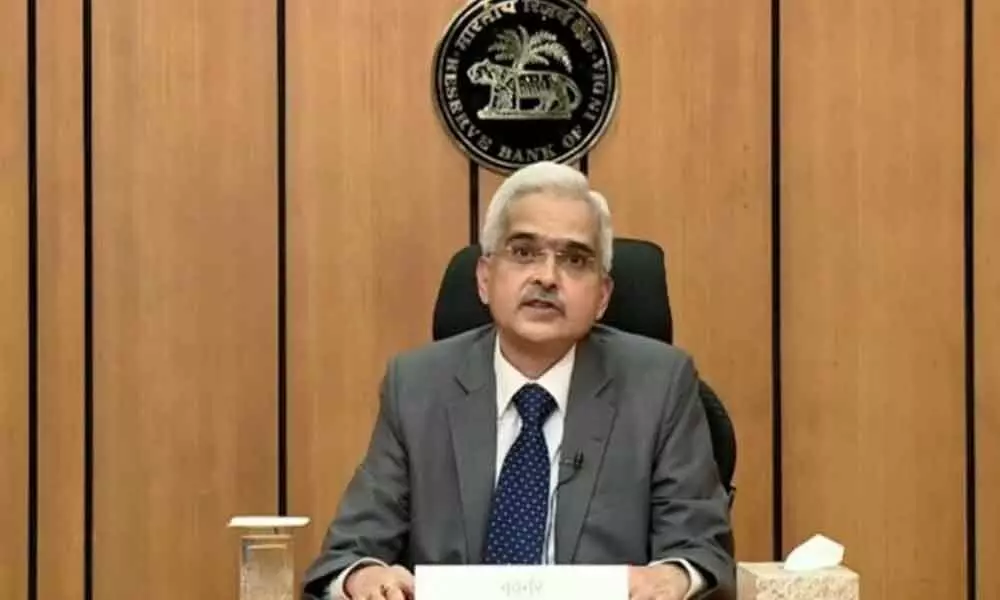Spiralling inflation a factor to be concerned about
The Reserve Bank of India (RBI) on last Friday decided to unanimously keep the key interest rates unchanged while keeping an accommodative stance.
image for illustrative purpose

The Reserve Bank of India (RBI) on last Friday decided to unanimously keep the key interest rates unchanged while keeping an accommodative stance. Reviewing the policy, the RBI Governor Shaktikanta Das said that a small window is available for proactive supply management strategies to break the inflation spiral that is being fuelled by supply chain disruptions, excessive margins and indirect taxes. Further efforts are necessary to mitigate supply-side driven inflation pressures, he had indicated.
One issue that remains unaddressed is the steeping inflation which has been hovering at around seven per cent for quite some time now. Some inflation is always good for a growing economy like India, they say. But now it has inched up to over 7 per cent that is not good.
Compare the inflation rate with returns on standard securities like fixed deposits and bonds that are on average less than 6 per cent at present. Fisher's Equation suggests that real return equals the nominal return in excess of inflation. An investor is more interested in her growth in the purchasing power (real return) than growth in money (nominal return). Not to mention, with seven per cent inflation, people are losing their purchasing power in bank deposits and bonds, the safest of investments.
Even if the treasury rates fall, an increase in inflation may lead to an increase in mortgage rates as lenders must respond to the rising inflation. Common man will face the double whammy: Losing the purchasing power in their bank deposits and paying more in mortgage debt service.
What is happening? Well, the MPC is reducing the interest rate to promote borrowing. But every reduction in interest rate comes at a cost as it stokes inflation. There is another aspect attached to it. In its bid to absorb the surge in foreign fund inflows, the apex bank is currently on its dollar buying spree with the ongoing fears related to Covid-19. In November alone, FIIs have invested over Rs 70,000 crore in the Indian stock exchanges, thus taking the Sensex to a historic high at 45,000. As an outcome, the rupee has weakened against the greenback. As on Friday last the rupee was trading at 73.80 against the US dollar (from 64 two years ago).
This ongoing exercise may weaken rupee against the dollar, but make exports more attractive. For starters, RBI's continual intervention in the forex market by way of buying dollars has increased the supply of rupee liquidity, throwing up concerns over rise in inflation.

